Australian manufacturers are calling out on gas producers as they believe the industry is withholding supply to circumvent the government’s price cap, effectively pushing local businesses to the edge of a shutdown.
At the same time, those retailers charged existing customers who have not signed up for a contract for 2023 at higher rates than those under contract.
Andrew Richards, the CEO of the Energy Users Association of Australia (EUAA), which represents large electricity and gas users across the country, said most Australian businesses relying on gas as a major input could not survive under the current pricing pressure.
The CEO also noted that some EUAA members had received offers as high as $60 per gigajoule from gas companies, while one member was unable to secure a single gas offer after several attempts.
Gas Producers Accused of Withholding Supply and Price Gouging
A report by the Australian Competition and Consumer Commission (ACCC) stated that despite the risk of a gas shortfall in the east coast market this year, liquefied natural gas producers across Australia would have sufficient uncontracted gas to satisfy the market demand.However, it said those producers had not committed to providing adequate supply to address the shortfall risk.
Regarding the situation, Richards implied that the problem lay in the attitude of gas producers.
“There’s plenty of gas around. It’s whether they want to sell it at a fair and reasonable price is the key question that needs to be asked here,” Richards said.
“Their belligerent behaviour in the gas industry will see many businesses go broke and mums and dads too scared to turn the gas heater on next winter–that’s an appalling position.”
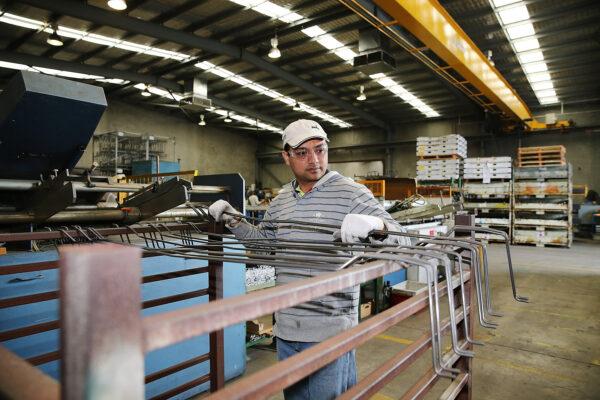
In defence, the gas industry said there was still uncertainty around the new price cap policy.
Calls For Changing Proposed Mandatory Code of Conduct for the Gas Industry
The complaints from energy user groups come as the gas industry is calling on the federal government to change the direction of a proposed mandatory code of conduct for gas companies, saying it will push prices up further.The code of conduct is another measure introduced by the federal government along with the price cap to ensure east coast gas users can access supplies at reasonable prices and terms.
The government said it was an upgraded version of the existing voluntary code of conduct with stricter requirements and included a provision for reasonable pricing, which provides a basis for producers and buyers to negotiate domestic wholesale gas contracts based on guidance from the competition authority.
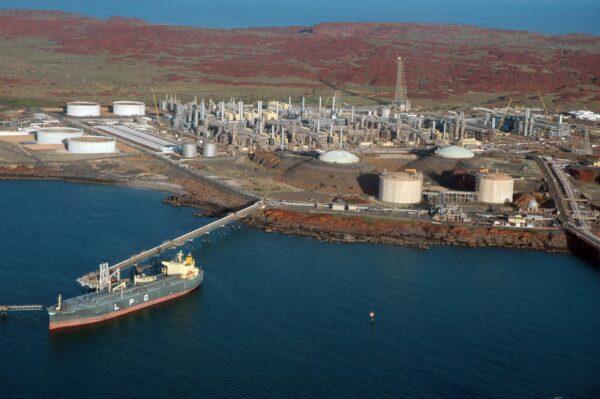
“As with the introduction of the temporary price cap, when markets froze and investment was spooked, the proposed mandatory code risks causing maximum disruption with minimal benefit to Australians.”
In return, the APPEA recommended adopting the principles and processes in the short-lived voluntary code introduced in September 2022 as the basis of the new mandatory code of conduct.
The industry body also suggested the government avoid implementing permanent price controls, as well as set up a flexible arbitration process where buyers and sellers decide how to do business.
“Permanently regulating prices can’t factor in the complexities of the market and will only slash competition, distort the market and risk energy security,” McCulloch said.”
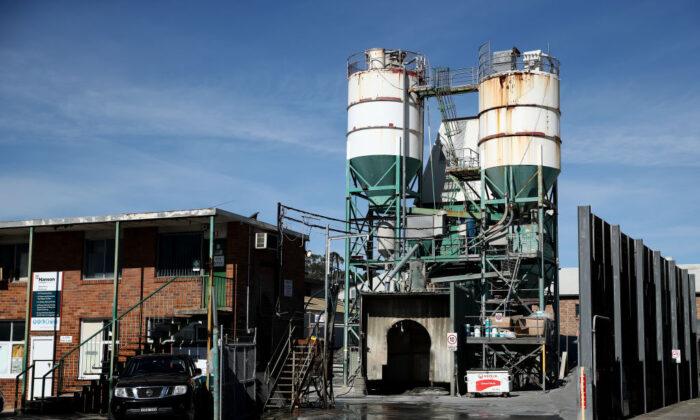

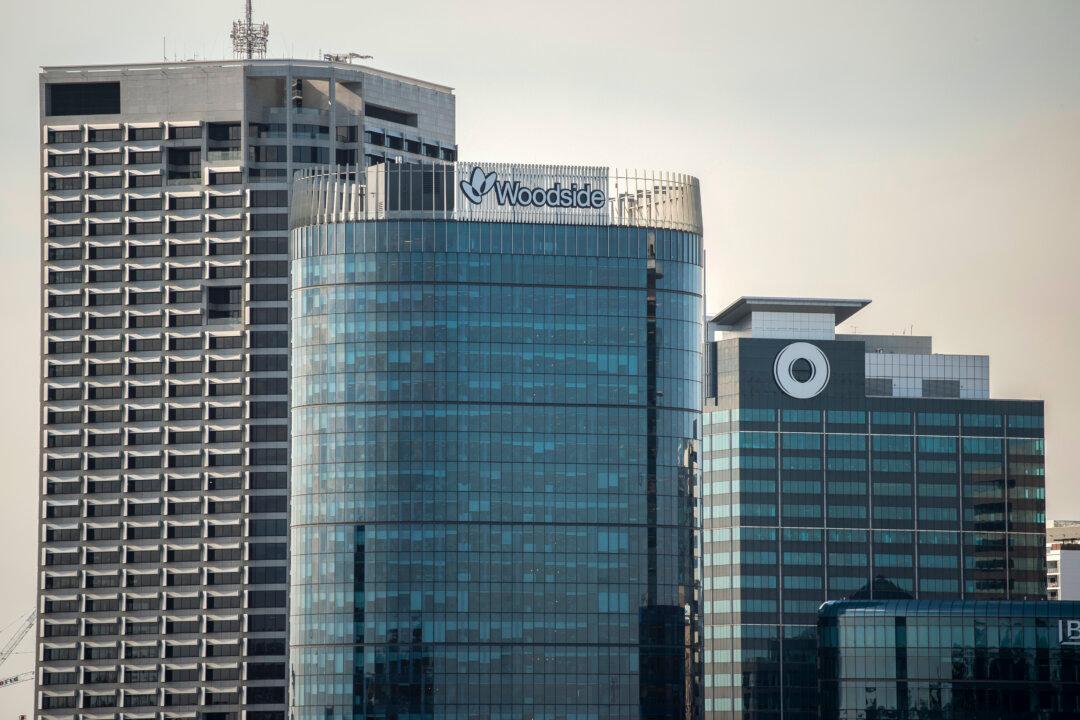

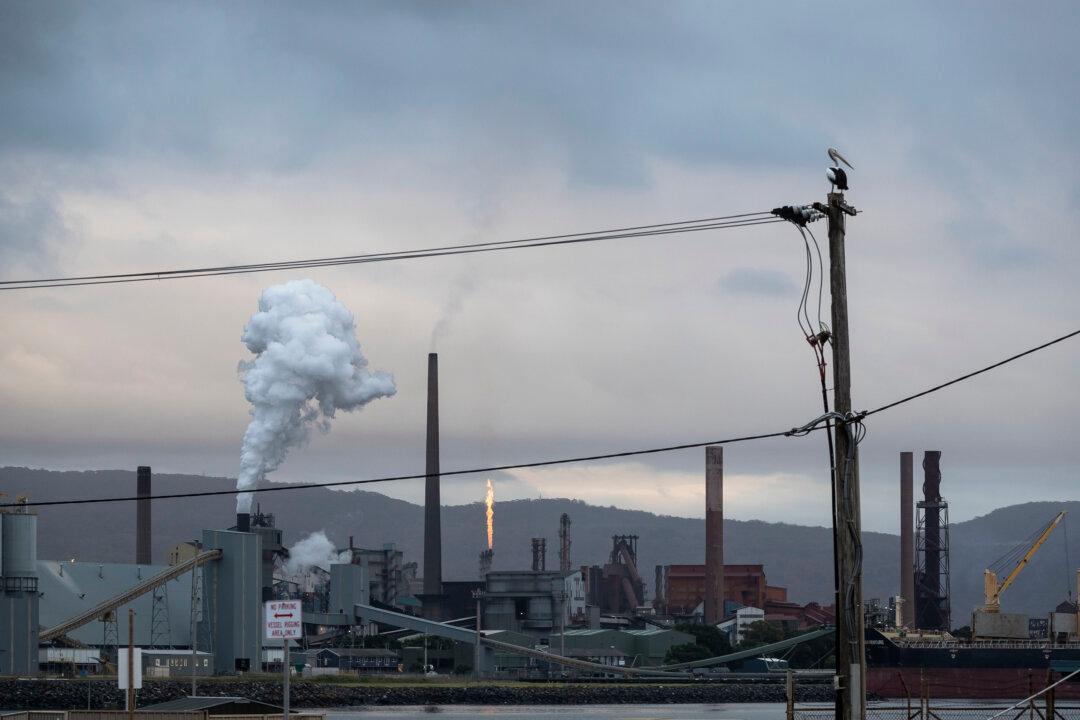
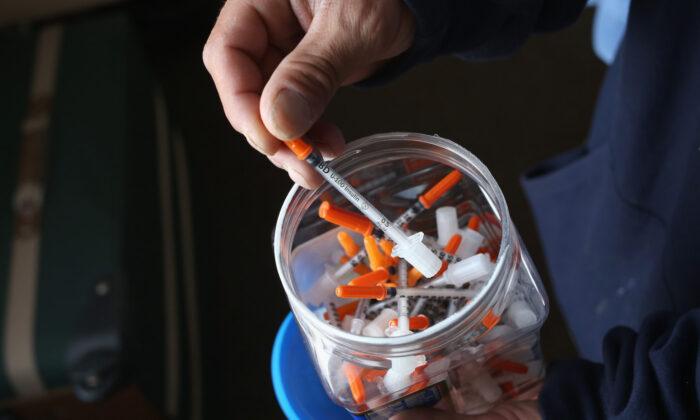
Friends Read Free